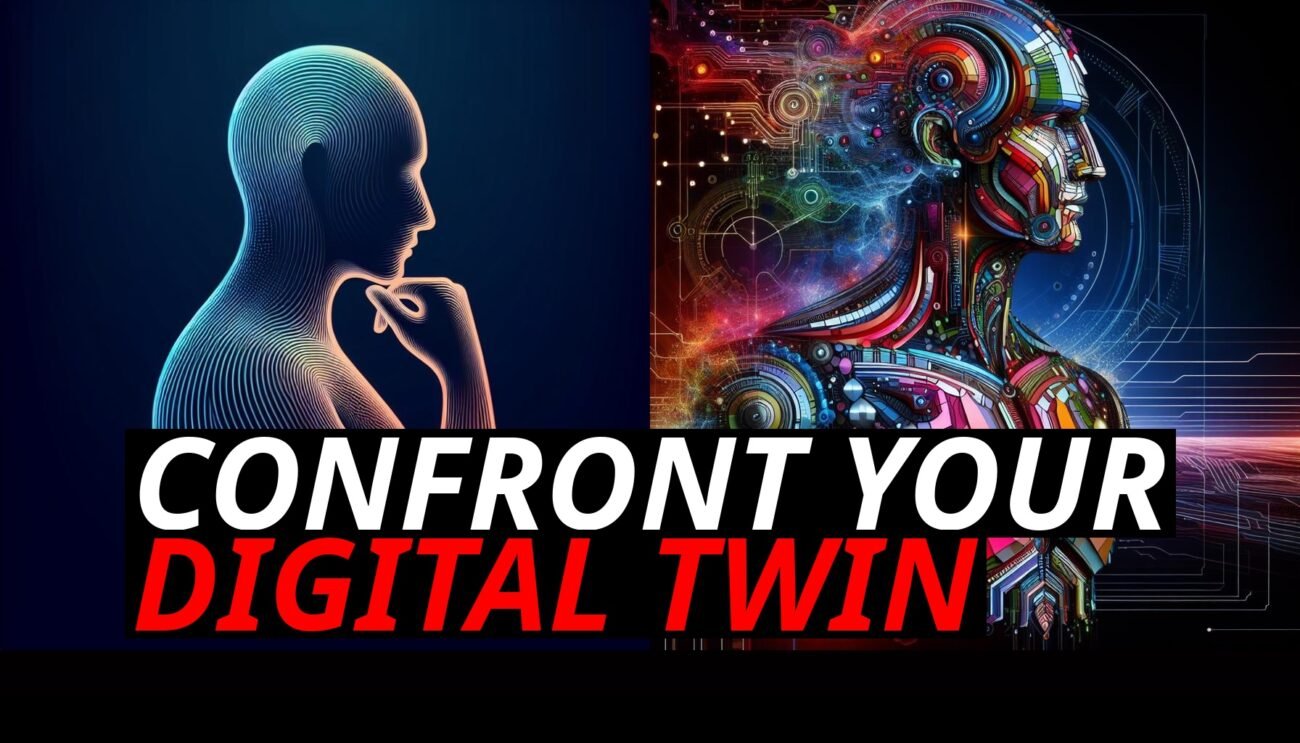Imagine waking up one day, looking in the mirror, and realizing that the person staring back at you isn’t really you. They have your face, your memories, and your personality—but they aren’t you. This unsettling scenario is at the heart of The 6th Day, a film that takes the concept of cloning and turns it into a high-stakes thriller. But beyond the action and suspense, the movie raises profound questions about the nature of identity, consciousness, and the very idea of immortality. Is memory cloning really a path to eternal life, or is it just a dangerous illusion? Let’s dive into why memory cloning, as depicted in The 6th Day, falls far short of true immortality.
The Premise: Cloning For Convenience And Control
The 6th Day presents a world where cloning technology has advanced to the point where it can replicate not just the physical body but also the memories and personality of an individual. The idea is tempting: when a person dies, they can be replaced with a clone who picks up right where they left off. No one has to mourn, and life goes on as if nothing happened. It sounds like the perfect solution to the problem of death—but is it really?
The movie’s antagonists, particularly the powerful CEO Michael Drucker, view memory cloning as a way to maintain control and continuity. If they die, they can simply be replaced by a clone, ensuring that their influence and legacy endure. But this pursuit of control reveals a deep-seated fear of mortality and a refusal to accept the natural cycle of life and death.
The Flawed Concept Of Immortality
At first glance, memory cloning seems like a way to cheat death. After all, if a clone has the same memories and personality as the original, isn’t that the same as living on? The answer is a resounding no. The fundamental flaw in this concept lies in the nature of consciousness and identity.
When a clone is created, it may possess the memories and traits of the original person, but it is still a separate entity. The original person has died, and nothing can bring back their unique consciousness. The clone may believe they are the original, but they are not. They are merely a copy, a replica with borrowed memories. This raises a disturbing question: Is the clone truly the same person, or are they just living a life that isn’t theirs?
The Ethical And Psychological Implications
Memory cloning, as portrayed in The 6th Day, opens a Pandora’s box of ethical and psychological dilemmas. For the clone, inheriting a life they never truly lived can lead to an identity crisis. They might struggle with the knowledge that their existence is based on someone else’s experiences, creating a sense of disconnection from their own life. Moreover, the very act of creating a clone with the belief that they are the original person is ethically questionable. It treats life and identity as commodities that can be copied and manipulated, rather than as unique aspects of the human experience.
On a broader scale, the film challenges us to consider what it means to be human. If our memories and personalities can be copied, does that make us any less unique? Does it reduce the value of our lives to something that can be replicated and replaced? These are questions that strike at the core of our understanding of self and the meaning of life.
The Illusion Of Continuity
Perhaps the most unsettling aspect of memory cloning is the illusion of continuity it creates. In The 6th Day, characters like Michael Drucker believe that cloning allows them to continue their lives uninterrupted. But this belief is built on a lie. The original person still dies, and their consciousness ceases to exist. The clone, no matter how perfect a replica, is not a continuation of the original life. It’s a new life entirely, one that begins with the burden of someone else’s memories.
This illusion of continuity can lead to dangerous consequences. It encourages the belief that death can be avoided, that we can live forever by simply creating copies of ourselves. But in reality, this is nothing more than a comforting lie. True immortality, if it exists, cannot be achieved through cloning. It requires something far deeper and more profound than the mere replication of memories.
Conclusion: The True Nature Of Immortality
The 6th Day forces us to confront the uncomfortable truth that memory cloning is not a pathway to immortality. It’s a flawed concept that raises more questions than it answers, challenging our understanding of identity, consciousness, and what it means to truly live. While the idea of cheating death through cloning may be tempting, it ultimately offers only an illusion—a shadow of life, rather than life itself.
In the end, The 6th Day serves as a powerful reminder that true immortality is not about preserving our memories in a clone, but about living a life that is meaningful and unique. It’s a call to embrace our mortality and the fleeting nature of life, rather than trying to escape it through artificial means. After all, it’s the experiences we live, not the memories we leave behind, that truly define who we are.













